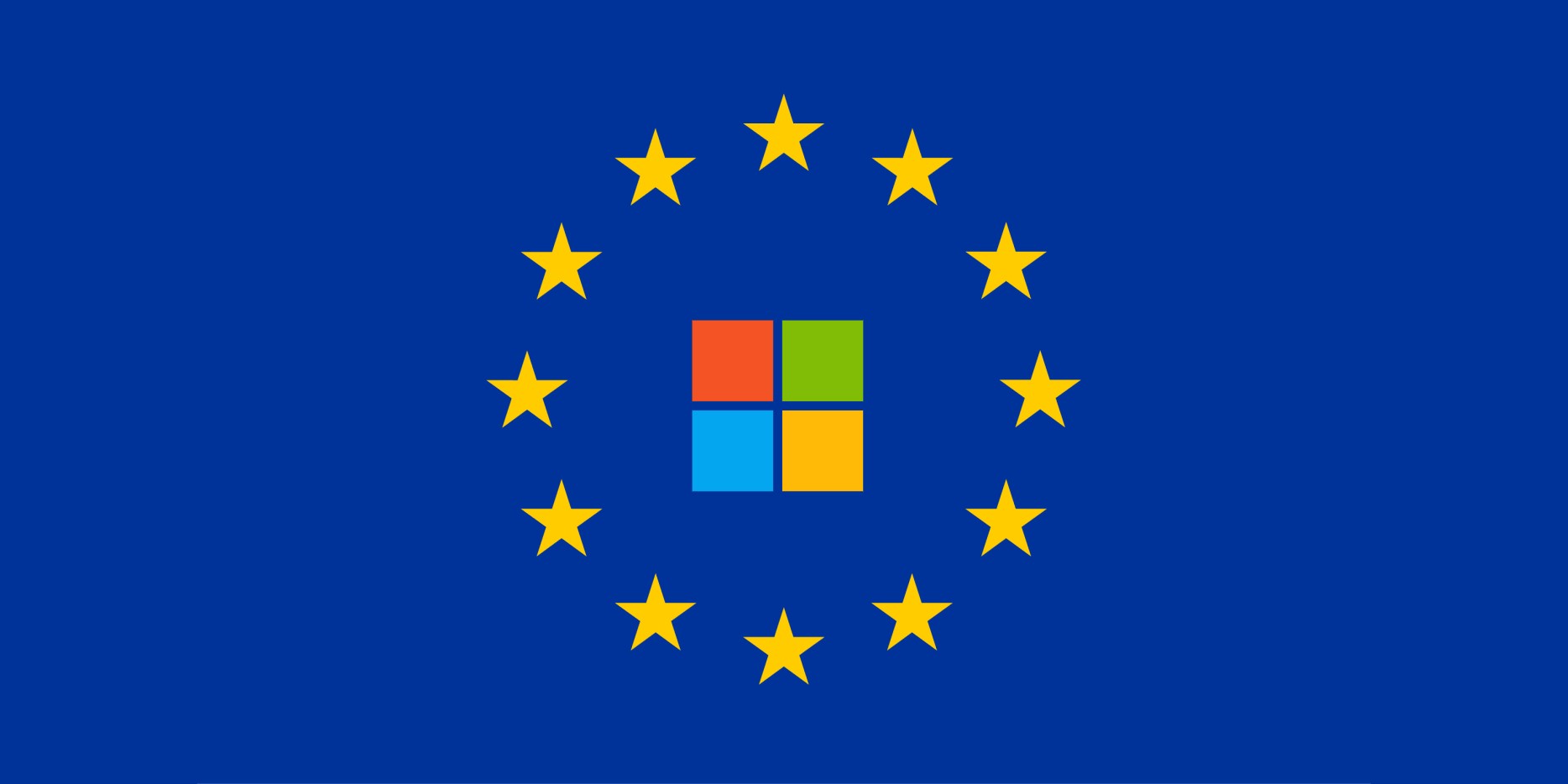Europe Probes Microsoft's €15M Stake In AI Upstart Mistral

The European Commission is investigating Microsoft's €15 million ($16.3 million) investment in French startup Mistral, which came just after the latter released a large language model to compete with OpenAI's ChatGPT.
Founded in 2023 by researchers from Google DeepMind and Meta, Mistral has raised over €385 million ($417.1 million) from investors such as Andreessen Horowitz and Lightspeed. The upstart is valued at around €1.8 billion ($2 billion) today.
On Monday, Mistral announced its latest and most powerful large language model, Mistral Large, and released a web app netizens can use to experiment with a chatbot powered by the model. It also put out a smaller model, Mistral Small, which - as the name suggests - is optimized to be faster and more compact. Mistral has previously shared other models, such as its seven-billion parameter Mistral-7B in September.
To give developers more access to its technology, Mistral also revealed it partnered with Microsoft to bring its open and commercial models to Azure.
In return, Microsoft will support Mistral by providing it with hardware and infrastructure from its cloud computing platform to train and run its future systems. Mistral co-founder and CEO Arthur Mensch offered enthusiastic endorsement of the deal in a Microsoft statement that outlined a shared enthusiasm for "impactful progress in the AI industry and delivering unparalleled value to our customers and partners globally."
It is not uncommon for cloud providers to invest in AI startups and for those deals to involve access to cloudy infrastructure. Microsoft has invested $13 billion into OpenAI, while Google and Amazon Web Services have invested heavily into Anthropic.
But Mistral's deal has attracted the attention of EU regulators
These deals are a win-win for both parties. Hosting the latest large language models drives more business to cloud platforms, while startups need large clusters of GPUs to develop new models. The European Commission, however, is wary that AI mergers with Big Tech could consolidate power and crush innovation, making it potentially more difficult to regulate the technology and for smaller companies to compete.
"The commission is looking into agreements that have been concluded between large digital market players and generative AI developers and providers," European Commission spokesperson Lea Zuber told Politico. "In this context, we have received the mentioned agreement, which we will analyze."
- EU wants to make undersea internet cables more resilient
- Two days into the Digital Services Act, EU wields it to deepen TikTok probe
- British businesses told: Compliance with EU AI law will satisfy UK guidance
- European Court of Human Rights declares backdoored encryption is illegal
Last month, EU regulators launched an inquiry into Microsoft's stake in OpenAI. "We are inviting businesses and experts to tell us about any competition issues that they may perceive in these industries, whilst also closely monitoring AI partnerships to ensure they do not unduly distort market dynamics," Margrethe Vestager, executive vice-president in charge of competition policy for the European Commission, declared in a statement.
The commission has agreed on the wording of an AI Act – a sweeping plan to enforce rules for AIs based on the risks each represents. Generative AI models like Mistral Large or ChatGPT are considered as "high-impact general-purpose" systems that might pose "systemic risk". Developers will be required to disclose the source of their training data and design guardrails to prevent them producing worrisome content.
The Register has asked Microsoft and Mistral for comment. ®
From Chip War To Cloud War: The Next Frontier In Global Tech Competition
The global chip war, characterized by intense competition among nations and corporations for supremacy in semiconductor ... Read more
The High Stakes Of Tech Regulation: Security Risks And Market Dynamics
The influence of tech giants in the global economy continues to grow, raising crucial questions about how to balance sec... Read more
The Tyranny Of Instagram Interiors: Why It's Time To Break Free From Algorithm-Driven Aesthetics
Instagram has become a dominant force in shaping interior design trends, offering a seemingly endless stream of inspirat... Read more
The Data Crunch In AI: Strategies For Sustainability
Exploring solutions to the imminent exhaustion of internet data for AI training.As the artificial intelligence (AI) indu... Read more
Google Abandons Four-Year Effort To Remove Cookies From Chrome Browser
After four years of dedicated effort, Google has decided to abandon its plan to remove third-party cookies from its Chro... Read more
LinkedIn Embraces AI And Gamification To Drive User Engagement And Revenue
In an effort to tackle slowing revenue growth and enhance user engagement, LinkedIn is turning to artificial intelligenc... Read more

